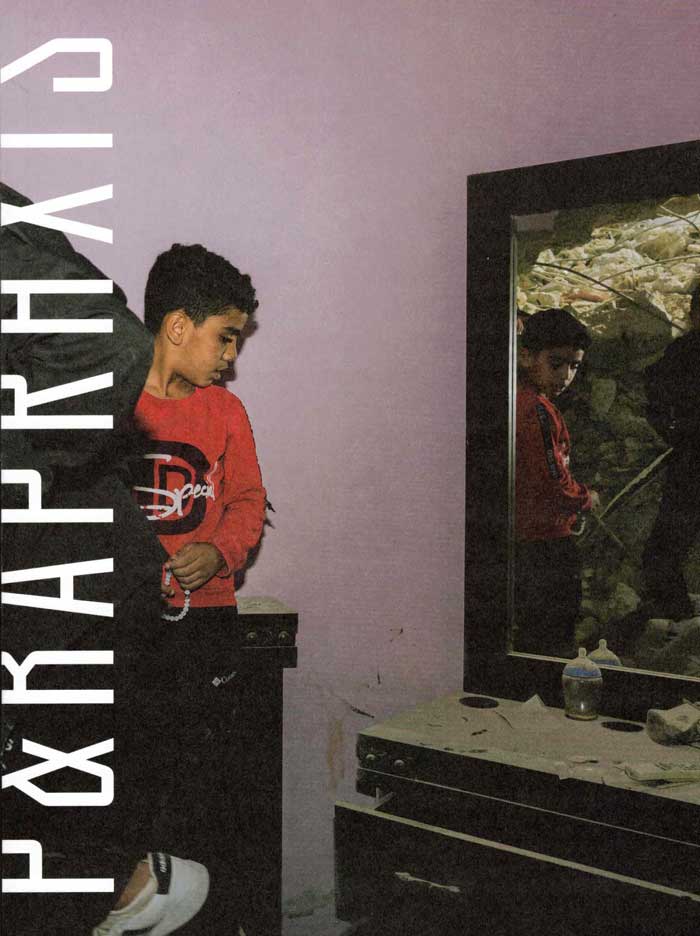
Manifesto Of The Communist Party
In the tradition of Suhrkamp Verlag and Penguin Classics, Domain offers a series of elegantly designed pocketbooks, conceived as a starter kit for radical liberatory thought. The pocketbooks are individually crafted with custom book jackets tailored to each individual buyer; every purchase receipt supplying the raw material for each design. The online fulfillment system leverages the graphic language of the US Postal Service for each cover and packaging design.
The Communist Manifesto (German: Das Kommunistische Manifest), originally the Manifesto of the Communist Party (Manifest der Kommunistischen Partei), is a political pamphlet written by Karl Marx and Friedrich Engels, commissioned by the Communist League and originally published in London in 1848. The text is the first and most systematic attempt by Marx and Engels to codify for wide consumption the historical materialist idea that "the history of all hitherto existing society is the history of class struggles", in which social classes are defined by the relationship of people to the means of production. Published amid the Revolutions of 1848 in Europe, the Manifesto remains one of the world's most influential political documents. (From Wikipedia)
More on https://d-o-m-a-i-n.org/Pocketboks
Language: English




